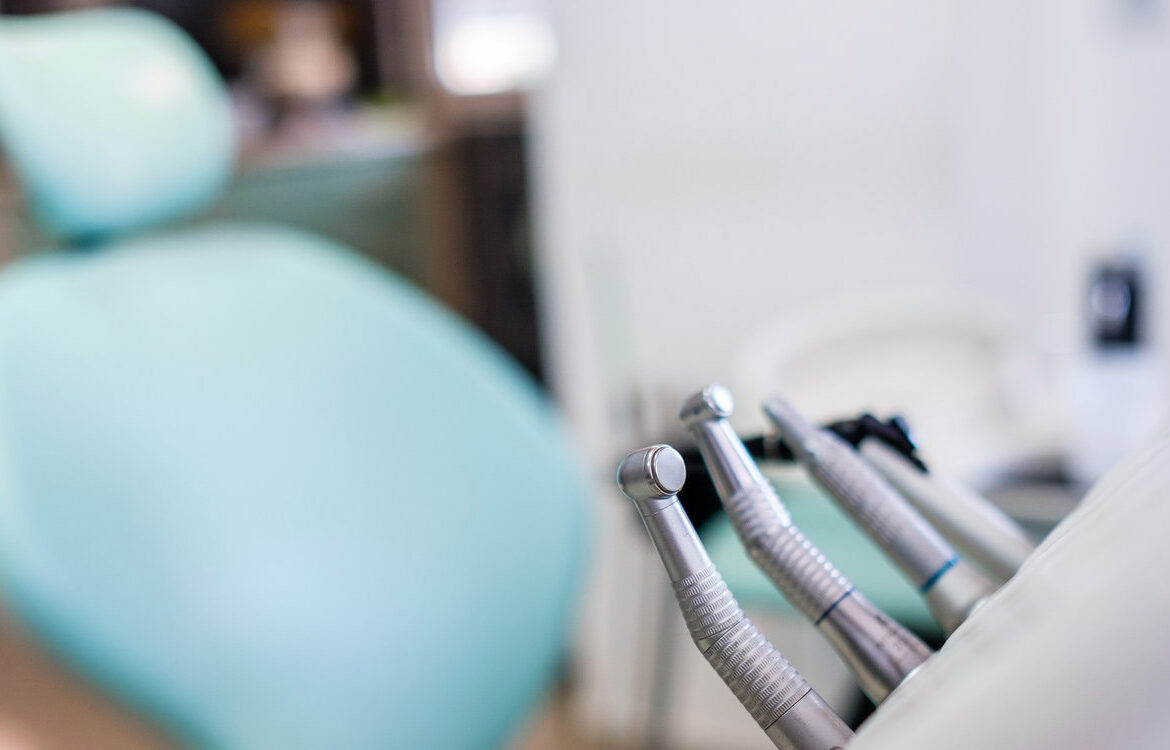
Preventive and children's dentistry
Visiting the dentist in the early period of the child is of great importance for preserving the health of his teeth. It is best to bring the child in the period after the milk teeth have erupted, when all the teeth are healthy. This visit consists of educating parents on how to maintain their children's dental hygiene and playing with small patients. It is very important that the first visits to the dentist remain a pleasant memory for the child. In this way, the child gains a sense of trust in the dentist and cooperates much better in the later period.
CHILD'S FIRST VISIT TO THE DENTIST
Visiting the dentist in the early period of the child is of great importance for preserving the health of his teeth. It is best to bring the child in the period after the milk teeth have erupted, when all the teeth are healthy. This visit consists of educating parents on how to maintain their children's dental hygiene and playing with small patients. It is very important that the first visits to the dentist remain a pleasant memory for the child. In this way, the child gains a sense of trust in the dentist and cooperates much better in the later period.
WHEN TO START BRUSHING YOUR TEETH?
This is one of the most common questions parents ask. Maintaining oral hygiene should start even before the baby teeth erupt. Wipe the baby's tongue, gums and the inside of the cheek with a clean gauze soaked in water or chamomile tea. With the eruption of the first tooth, its washing begins. Brushes are used whose shape and size are adapted to the age of the child, without the use of toothpaste. Brushing your teeth is recommended after every meal, but the most important thing is to brush your teeth before going to bed. A small child does not know how to brush his teeth properly, so it is the parents who are responsible for the health of their children's teeth.
THE SIGNIFICANCE OF MILK TEETH
Baby teeth have multiple roles. They are very important for the child's nutrition and the normal development of the orofacial system. Preserving the health of milk teeth until physiological change is important for the emergence and position of permanent teeth.
CARIES OF MILK TEETH
Caries of milk teeth appears very early, most often as a result of bad eating habits, inadequate maintenance of oral hygiene and parents' lack of information about the importance of milk teeth and the possibilities for their preservation and repair. Caries often affects a large number of milk teeth and spreads quickly due to the anatomical and histological characteristics of those teeth.
CIRCULAR CARIES
Circular caries is the most severe form of caries of milk teeth. A large number of teeth are affected, and it most often occurs on the upper incisors. This caries is also called baby bottle syndrome, because it is believed that the main cause of its occurrence is the prolonged use of sweetened beverages or pacifiers dipped in honey or sugar. It is characteristic that this caries occurs in the neck part of the tooth and spreads in a circle around it. It proceeds without pronounced subjective complaints, and pain occurs only after opening the pulp or when swelling appears.
Treatment of dental caries includes:
- changing the child's bad eating habits
- regular and proper maintenance of oral hygiene
- fluoride prophylaxis
- regular dental check-ups
TRAUMA OF MILK AND PERMANENT TEETH IN CHILDREN
Injuries to primary and permanent teeth as well as injuries to the soft tissues of the orofacial system in children occur during their intensive psycho-physical development. Damage to the teeth of both dentitions leads to impairment of the child's chewing function, speech and aesthetic appearance.
Predisposing factors that can contribute to injury are:
- protrusion of the upper teeth
- large carious lesions
- certain diseases (epilepsy)
- contact sports that children train.
A patient with an injury is considered an emergency and should contact a dentist immediately.
FISSURE WATERING
Caries usually occurs in the fissures of the teeth. Food is often retained in deep and narrow fissures, and maintenance of oral hygiene is difficult. Filling fissures is a preventive procedure that prevents the formation of caries on the biting surfaces of the lateral teeth. Appropriate dental material is inserted into the previously cleaned and prepared tooth, which has the task of filling all places inaccessible for cleaning. The treatment is performed quickly and easily, and the child does not feel the slightest discomfort or pain.










